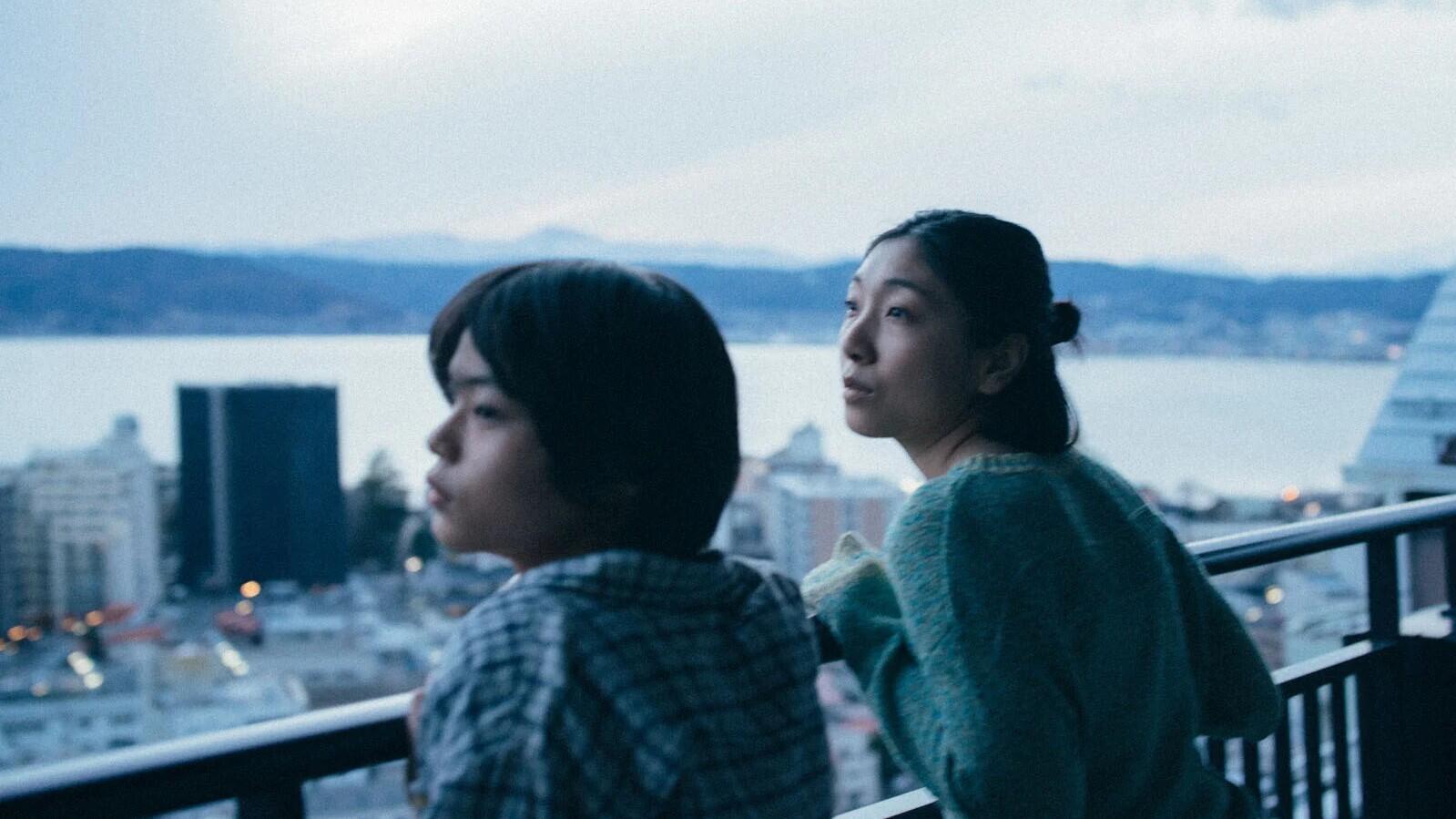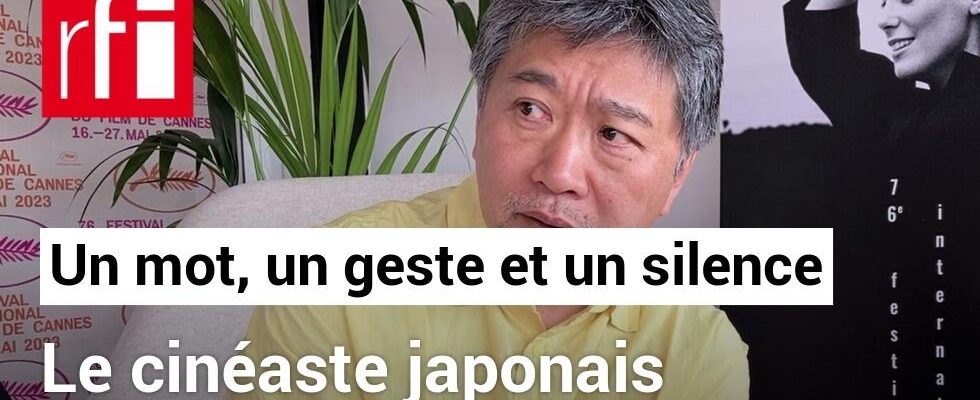First titled Monsterthe film was retitled Innocence for its release in France this Wednesday, December 27. This story, as disturbing as it is complex, directed by the Japanese Hirokazu Kore-eda, touches in depth the pangs of youth: the search for love, identity, strong sensations while confronting lies, betrayal and violence. A subtle and poignant story at the same time, rewarded at the Cannes Film Festival with the Queer Palm and the Screenplay prize. Interview.
5 mins
RFI : Innocence tells the story of the young boy Minato who behaves more and more strangely, arousing the concern of his mother, a young widow who works in a dry cleaner. While remaining faithful to your social fiber, you invite us to a fascinating cinematic adventure. Why did you title your film first Monster ? Have you ever been a monster ?
Hirokazu Kore-eda : If I was a monster, I was not aware of it. On the other hand, I know that my job as a director is a job that can make us become monsters very easily, whether with regard to our films, with regard to our technical teams, our actors… Really, we are to a position where, if we take a wrong step, we can immediately put ourselves in this position of monster. So I am always very vigilant about that.
In your film, the child is strange, the father of the family is dead, the school is facing serious problems and a typhoon risks hitting the town. The entire basis of human life and society is in danger. Innocenceis this Hirokazu Kore-Eda’s first apocalyptic film ?
It’s a story where we have the impression of seeing things that, in reality, do not exist. In Japan, there is a proverb, an expression which says: “ A suspicious heart sees a demon in the darkness. » All the characters are on a quest for what is monstrous, the quest for the monster. In reality, no one knows what they are looking for. So no one knows what they see either. Particularly in the first part, there is this desire to establish a climate. There is certainly a typhoon, but at the same time, there is no monster, no real creature. Everything happens in the darkness of the heart, inside the characters. Particularly in the first part, there is this anxiety-provoking climate, which I wanted to establish and which denotes a bit of the other films I have made up until then.
[Vidéo] Hirokazu Kore-eda in a word, a gesture and a silence
In all your films, childhood and the difficulty of growing up are found. Is it this theme that sparked your vocation to become a director? ?
I find it very difficult to talk about my work from an objective point of view, to say that this is what led me to do this. It is rather the spectator who can make the connections or who can project things, if he wants to. For me, it’s difficult to find cause and effect links between what I experienced and what I did. But I think you are not far from reality. Throughout my filmography, the theme of adolescence appears, starting with Nobody Knows (2004), which is the first original screenplay I wrote. It was about the older boy’s late adolescence. After, in A family matter, it is also the boy who awakens to a certain moral sense. And it is this morality that will end up destroying the family a little. And then, in Innocence Also. These are questions that children ask themselves: the discovery of feelings that they had not previously imagined, which makes them take a different look at the world. In any case, there is a continuity in my work at that level, but I don’t think that’s what motivated me at the very beginning to make films.
“ What you can’t say, blow it “, said the school principal to the tormented boy, giving him a wind musical instrument, a trombone. You dedicated this film to Ryuichi Sakamoto, legendary composer, who died in March 2023 at the age of 71, and composer of the music of Monster. What role does music play in this film? ? Is music the air we breathe in the film? ?
I wrote Ryuichi Sakamoto a letter asking him to compose the music for the film. When he saw the edit, he said: “ The sound of the trombone and the horn in this music room is so beautiful that I don’t want the music to “spoil” the sound of these instruments. So I’m going to try to compose something that doesn’t get in the way, that doesn’t interfere with that sound. » Ryuichi Sakamoto’s music is never something that we just slap on top. It always feels like the music is finally flowing from within. That was his ambition: to become one with the film. And we had the same idea of things when we decided to work together. We didn’t want something that would stifle, but, on the contrary, something that would breathe a new sound.
[Merci à Léa Le Dimna pour la traduction.]

